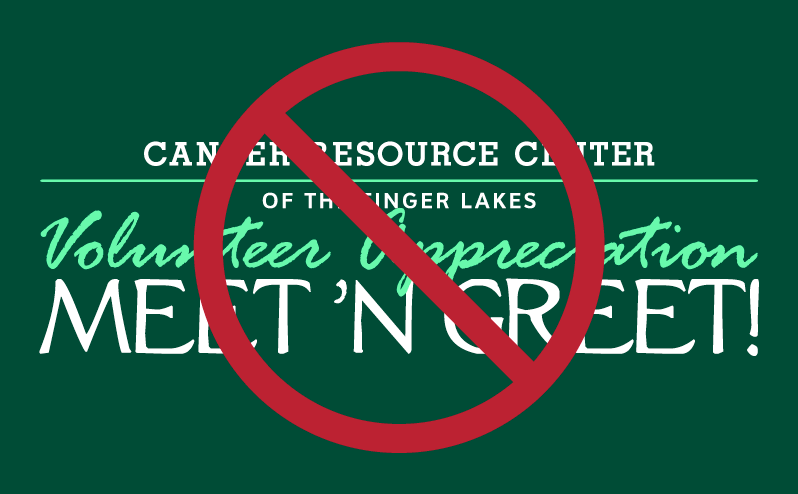Information from the American Cancer Society states that bladder cancer occurs when cells in the bladder start growing uncontrollably and eventually create a tumor or spread to other areas. The most common type of bladder cancer is called urothelial carcinoma, or transitional cell carcinoma (TCC). This cancer begins in the urothelial cells that line the bladder and other parts of the urinary tract.
The most common symptom of bladder cancer is blood in the urine.
A major risk factor is smoking. Smokers are 3 times more likely to get bladder cancer than nonsmokers. Other risk factors include exposure to industrial chemicals, dehydration, chronic bladder irritation or infection, and bladder birth defects.
Bladder cancer can be tested for with a cystoscopy, where a tube is placed through the urethra to examine its structure, a urine test or imaging tests.
Bladder cancer is often found at an early stage, when it is very treatable. The treatment options for those with bladder cancer are surgery, reconstruction, intravesical therapy, chemotherapy, radiation therapy, and immunotherapy.
Good Sources of Information:
- Bladder Cancer Advocacy Network (BCAN): Bladder Cancer Basics for the Newly Diagnosed
- National Cancer Institute: What You Need to Know about Bladder Cancer
- Medline Plus: Bladder Cancer
- MacMillan Cancer Support (Great Britain): Bladder Cancer
#bladdercancer #BCAM #bladdercancerawarenessmonth





